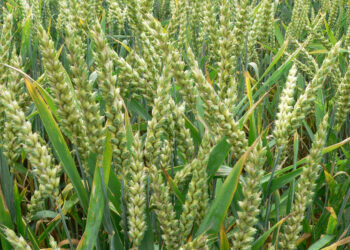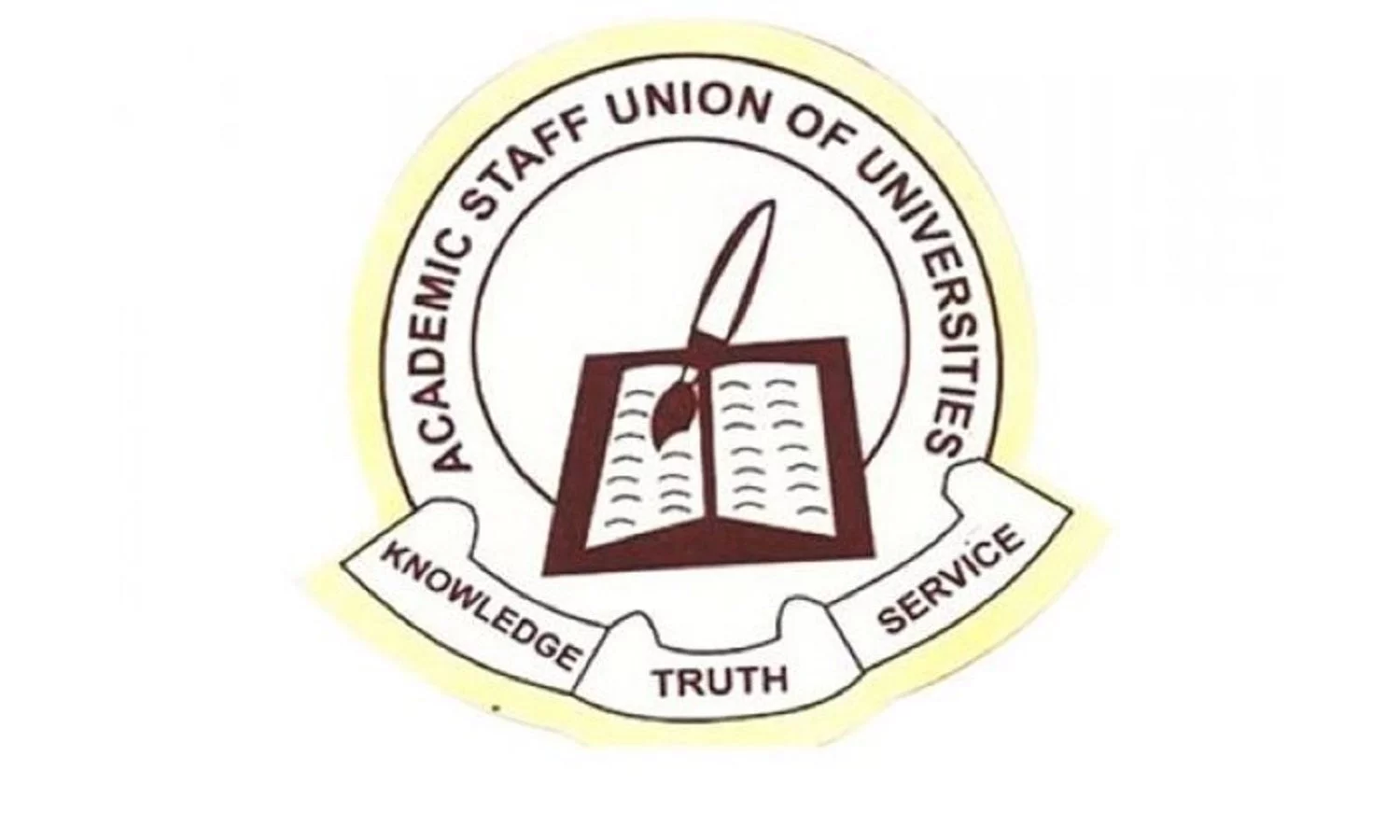When a friend read the list of agriculture-related products among the 43 items that can be imported using the country’s meagre foreign reserves, he quipped, “Nigeria bade farewell to national food security.”
Just for context, the food items which Nigeria does not have to import but foreign exchange at Central Bank of Nigeria, CBN, rates would be allotted for their importation are rice, margarine, palm kernel and palm oil products, vegetable oils, raw and processed meat products, vegetables and processed vegetable products, poultry, chicken eggs, turkey, tinned fish, tomatoes, tomato paste and maize.
Many fear that opening the foreign reserve chest to finance the importation of these items will erase the morale of domestic rice farmers, retard the general gains made in agricultural activities in recent years, eliminate jobs and deplete the country’s meager foreign reserves..
In view of the huge investment made on rice production and processing in-country, the impact of the decision would hit rice farmers, millers and all those in its long value chain hardest.
Nigerian and foreign investors, who spent over USD3.4 billion establishing nearly 100 integrated rice processing mills, will feel let down if Nigeria is flooded with imported rice. With their efforts, Nigeria has reportedly met over 90 per cent demand for processed rice. They have also made Nigeria Africa’s number one paddy and processed rice producer. This huge contribution to food security could be lost.
A Statista report says that “the quantity of milled rice produced in Nigeria in 2022 was 5.4 million metric tons. Between 2010 and 2021, milled rice production in the country generally increased. The largest growth in output was recorded in 2010, when the crop volume reached a 26 percent increase.”
The huge rice farms, large, small and micro and cottage rice processing mills, warehouses and fleet of freight trucks and all the thousands of jobs therein may become idle if imported rice pushed out the homegrown version off the market.
The Food and Agricultural Organisation (FAO) said in a 2019 report that rice is the second most important staple food in Nigeria accounting for 10.5 percent of the average caloric intake, surpassed only by cassava and its products. For this reason, the rice eaten by Nigerians should be fresh, locally produced and free of preservatives.
Although more cassava, millet, sorghum , yam, potatoes and maize, all vital stables are produced in Nigeria than rice, its consumption cuts across the economic and social strata of the society. That is why whenever its price goes up, the media reflects popular outcry.
It is certain that producers and processors in other agro-allied industries, such as vegetable and palm oil millers will equally feel the negative impact of the policy.
Banks will now be reluctant to give facilities to farmers in the agro sector, while cash-rich investors looking at agricultural production to invest will think twice before risking their capital to expand the production of say, wheat, maize and industrial sorghum, as policy makers may suddenly change the rules by preferring imported stuff.
To be candid, both wet and dry season wheat farmers in Kano, Jigawa, Kaduna and one or two other wheat producing states suffered huge loses last year because the uptaker-supplied inputs were low-grade. Yield was low and the quality of the produce by far below par.
In its May 28, 2023 edition, the Daily Trust newspaper quoted a wheat farmer in Karfi town of Kura local government area in Kano state, Bello Muhammad, said, “In our village, only four of us out of over 1,000 farmers got more than 100 sacks of wheat (in the 2022/2024) this season. This is unlike before when we used to have 900 people getting over 120 sacks in three to four hectares of farmland.”
The newspaper was told by farmer Usaini Umar of Hadejia local government area of Jigawa state that majority of wheat farmers in Chiromawa village made loses. Only a few of them made profit. Himself got 22 sacks in his farm last year (2021/2022 season), but this time around (2022/23 season), he ended with only four bags.
In the current dry season, the federal government has announced a decision to cultivate wheat on 70,000 hectares in Jigawa state.
Putting the Anchor Borrowers Programme in abeyance, regardless of its flaws, will certainly deprive genuine farmers of critical financial support. Hundreds of agricultural households will have no money to pay for agro-inputs, farm labour or basic items like certified seeds and seedlings.
The assurance by the All Farmers Association of Nigeria (AFAN), Sokoto Chapter, to President Bola Tinubu, to avert the threatened food security with the commencement of dry season cultivation of different crops is good, but the financial support required to effectively do that is uncertain.
.




